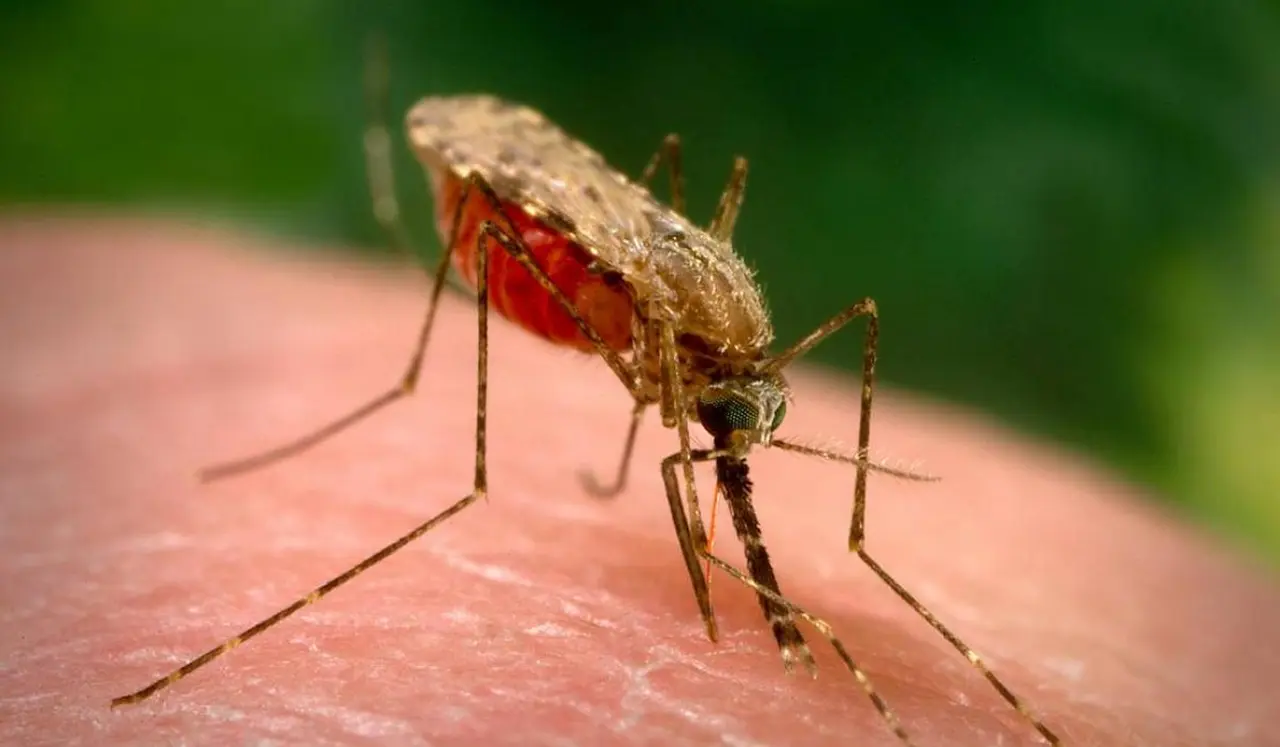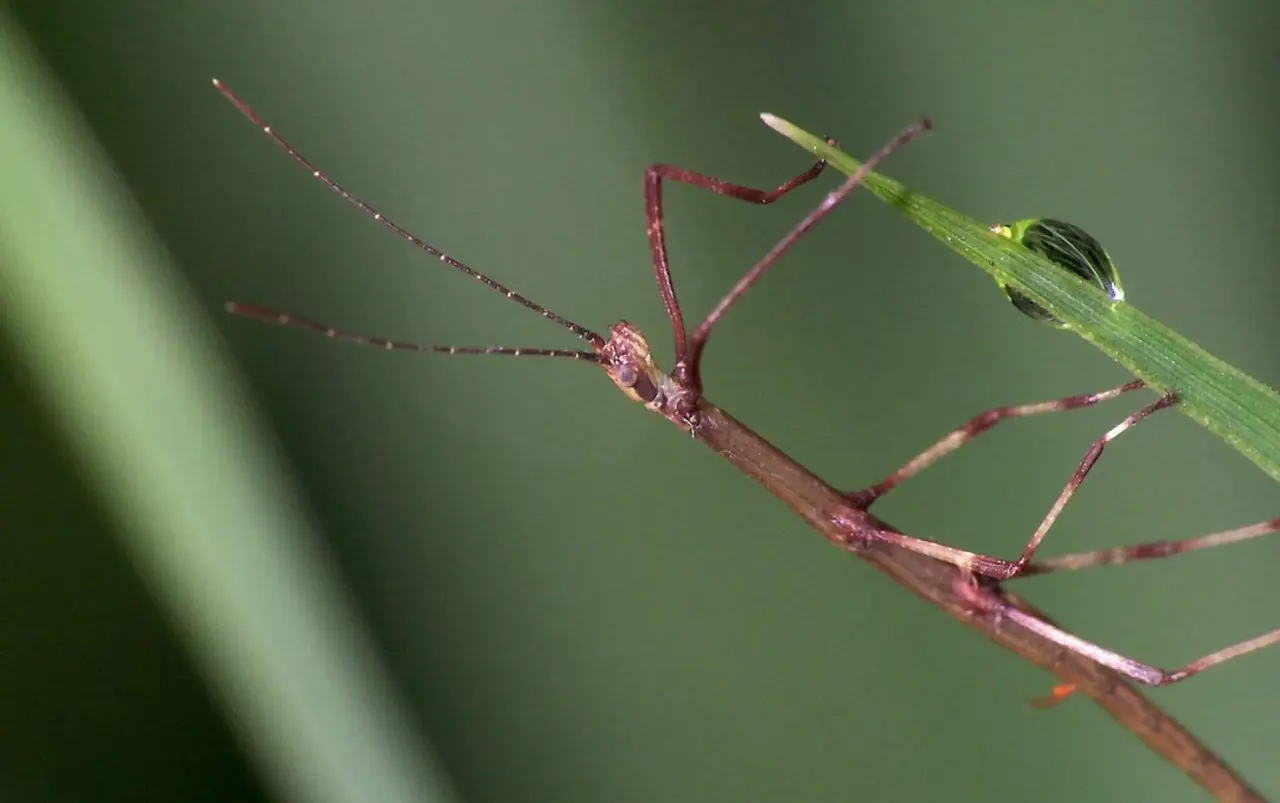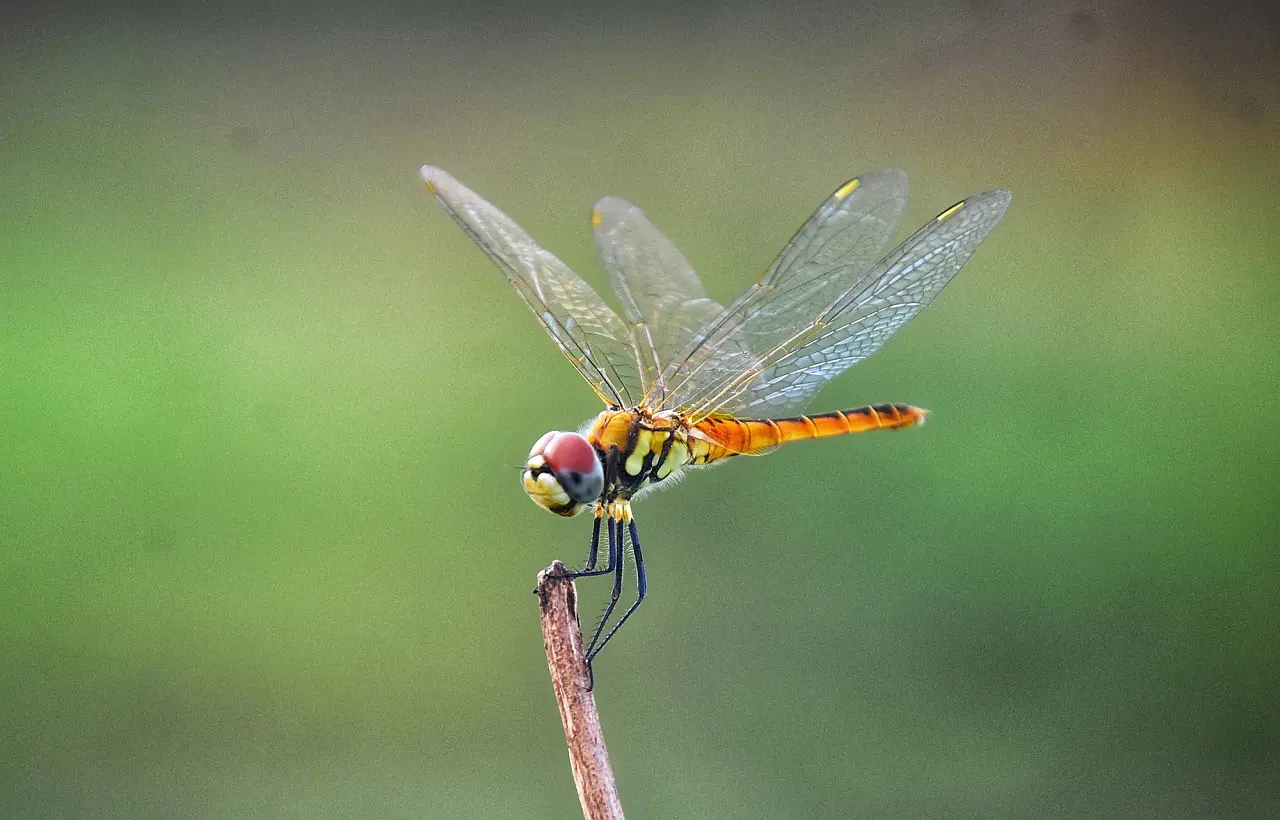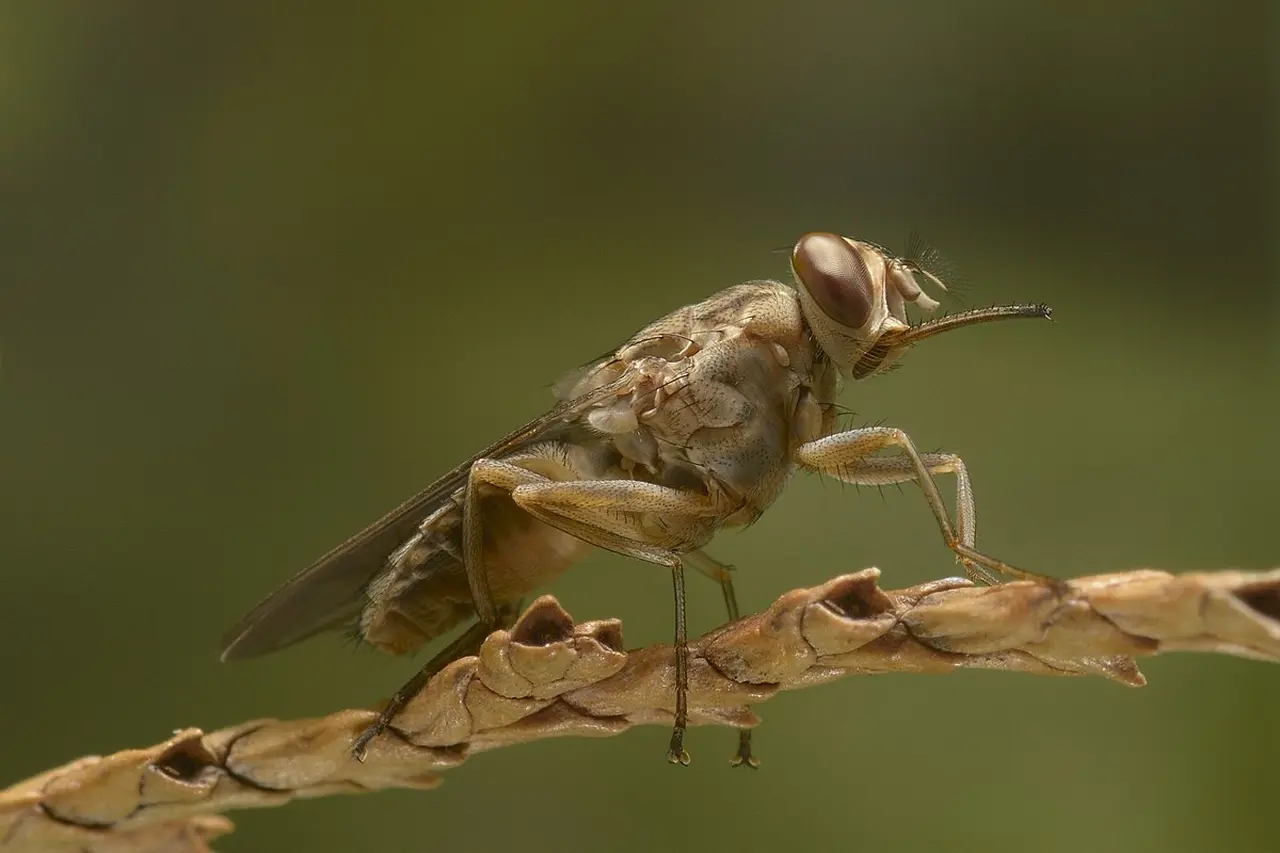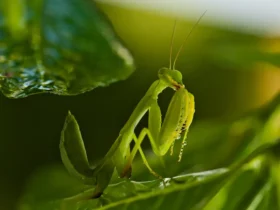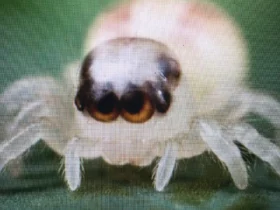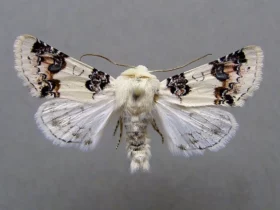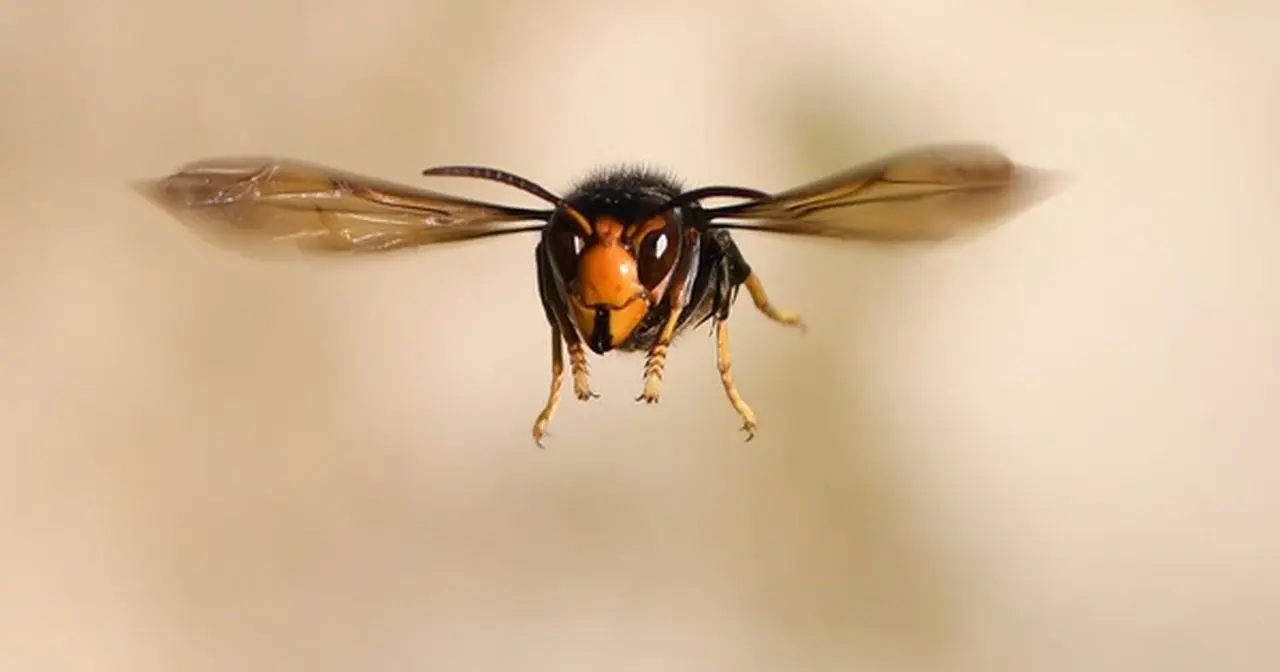One insect that everyone hates is the mosquito. They can certainly be called the most common “pest” in the world. Although they are small in size, their ability to transmit diseases is not small at all. Here are some frequently asked questions about mosquitoes that you may not know.
Frequently Asked Questions
Is it bad to be bitten by mosquitoes a lot?
For adults, it’s not a big deal, just uncomfortable, but it’s dangerous for children. Mosquitoes usually bite humans emitting a lot of CO2 and lactic acid. The most attractive targets for them are pregnant women and children. People with high levels of steroids or cholesterol also have a higher risk of being bitten more than normal people.
Do mosquitoes die after feeding on blood?
After feeding on blood, mosquitoes will die quickly if the protein in their body is suppressed, according to the biochemistry research group at the University of Arizona. However, in cases where the protein is not suppressed, they can continue to live, lay eggs, and thrive. Therefore, if possible, you should kill mosquitoes before, during, or immediately after they bite you to prevent them from continuing to bite and spread disease.
Do mosquitoes have a brain?
Mosquitoes do have a brain, although it is small. However, they are intelligent enough to recognize which objects often have movements that could harm or threaten them. Mosquitoes will avoid those objects and target those that are less harmful.
What does a male mosquito live on?
Male mosquitoes do not feed on blood like female mosquitoes. They are herbivorous and live off plant sap and fruit juice. In terms of “lifestyle”, mosquitoes are similar to bees and butterflies. You can classify them as harmless insects.
Do male mosquitoes suck human blood?
Only female mosquitoes suck human and animal blood, while male mosquitoes do not at all. This is because their proboscis is not suitable for blood sucking. The most important “mission” of male mosquitoes is to maintain the species.
Except for their reproductive function, male mosquitoes are no different from female mosquitoes. In fact, the act of female mosquitoes feeding on human blood is not for the purpose of providing energy for their bodies but rather to obtain protein to produce eggs. So if there was a suitable device for blood-sucking, do you think male mosquitoes would attack humans?
Do mosquitoes have teeth?
Mosquitoes do not have teeth at all, they only have a proboscis to suck blood (in the case of female mosquitoes) or to suck plant sap (in the case of male mosquitoes). In total, the mosquito’s body has 2 proboscises, one for sucking blood/plant sap and one for excreting saliva.
Do mosquitoes have a face?
Yes, mosquitoes have a head and a face. In fact, they have a fully-formed head structure which includes two compound eyes, sensory antennae for detecting chemicals, and a mouthpart with a proboscis used for feeding.
How many times can mosquitoes bite?
It is not possible to calculate how many times a mosquito can bite. Female mosquitoes will feed until they feel full and have a swollen abdomen, as this is necessary for them to produce eggs. After a blood meal, mosquitoes will rest for about 2-3 days to “take a break from pregnancy,” meaning they will lay their eggs. Once the eggs are laid, they will continue to seek out blood meals.
Can mosquitoes see?
Mosquitoes have infrared vision, which allows them to detect humans, heat sources, and obstacles within a radius of 3 meters. In addition, they use their sense of smell to detect potential targets, and can determine which prey is beneficial and which is not simply by sensing their breath. Therefore, once a mosquito has identified a target, it always attacks accurately.
Do mosquitoes have a heart?
Yes, mosquitoes have a heart. The heart is located in the thorax of the mosquito, along with some nerve ganglia, two pairs of wings, and six legs.
Do mosquitoes have ears?
No, mosquitoes do not have ears. They cannot hear sounds, but they sense their surroundings through their antennae, proboscis, heat-sensing organs, and chemical-sensing organs.
How many species of mosquitoes are there?
There are a vast number of mosquito species. They have existed on our planet for around 170 million years, and to date, there are approximately 2,700 species, with many different breeds. Some common mosquito species found in Vietnam include Aedes, Anophen, Culex, and the most prevalent is the striped mosquito, which is the primary cause of dengue fever.
Can mosquitoes transmit HIV/AIDS?
Experts have concluded that mosquitoes cannot transmit HIV/AIDS. Therefore, HIV cannot be transmitted through mosquito bites. However, mosquitoes can cause other health problems such as malaria, dengue fever, and yellow fever. These are all dangerous diseases that require prompt diagnosis and treatment, as failure to do so can lead to serious consequences.
Why do some people not get bitten by mosquitoes?
Have you ever noticed that while you’re sitting outside with friends, some people are covered in mosquito bites while others remain untouched? The reason is because:
You exhale less CO2: Mosquitoes are attracted to the carbon dioxide we exhale. It’s possible that the person next to you is breathing more heavily or for a longer period of time, which is catching the mosquitoes’ attention.
The body temperature is lower: The more sweat is secreted, the higher the heat radiation will be. Mosquitoes can easily detect and fly to the target from that.
Because you do not belong to the blood group O: Individuals with blood groups A and B are
How many legs does a mosquito have?
Many people may wonder how many legs a mosquito has. The truth is that a mosquito has 3 pairs of legs, which means it has a total of 6 legs.
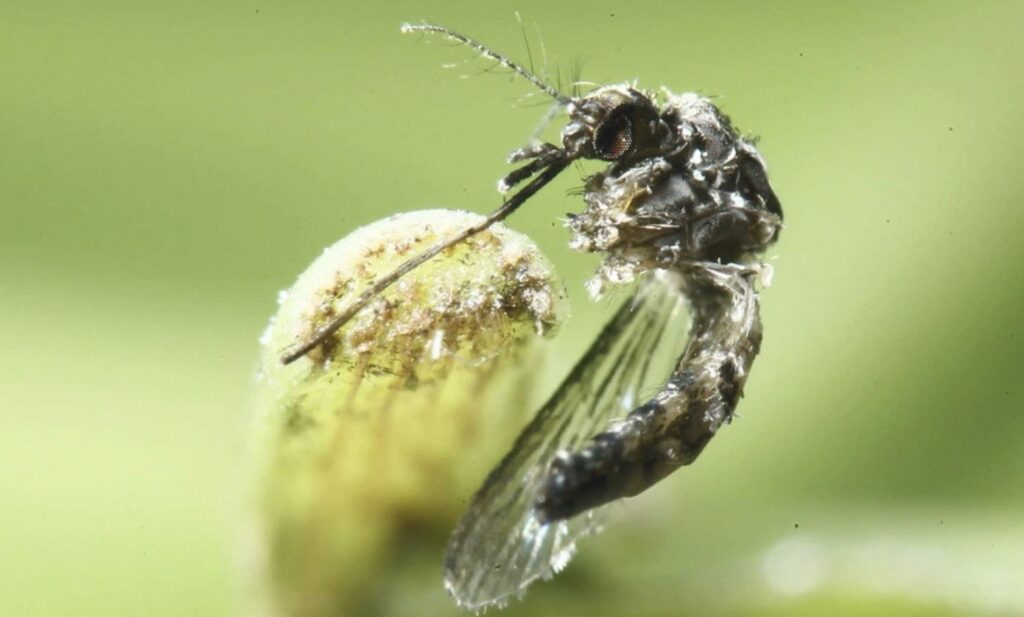
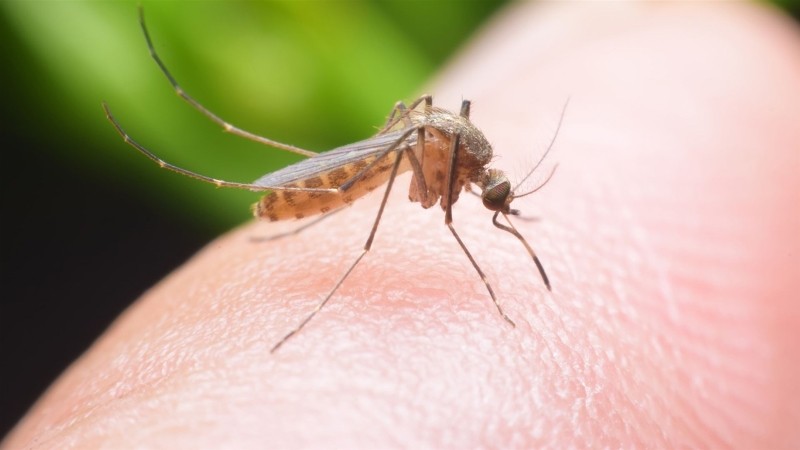
Above are some interesting frequently asked questions about mosquitoes. Through this article, you have gained more clear knowledge about this harmful insect. The rainy season is coming, and the number of mosquitoes in the humid environment during the rainy season will increase significantly. Take a look at the image of mosquitoes to recognize them better and remember to protect your health by being actively cautious and preventing mosquitoes!
